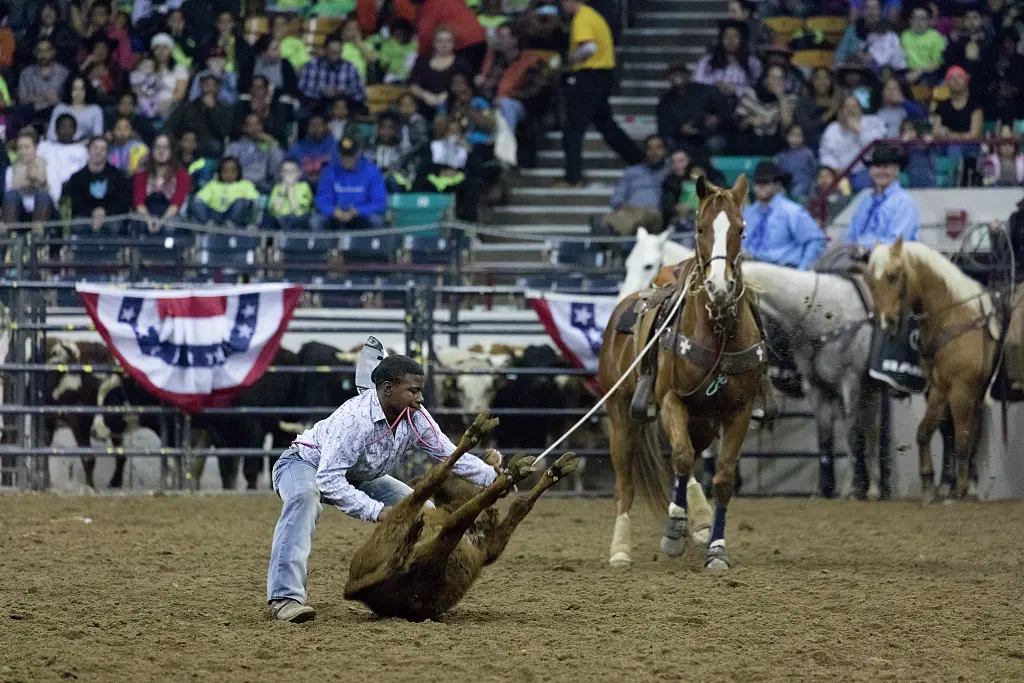
The African American cowboys are a forgotten part of American West history. These skilled individuals played a crucial role in shaping the cowboy lifestyle, a cultural phenomenon recognized today. They were an integral factor in developing the cowboy lifestyle we recognize today.
In this blog post, we will uncover the often-overlooked history of African American cowboys and their part in developing the Wild West.
We’ll explore the origins of African American cowboys, tracing back to their early involvement in cattle ranching during Texas’ settlement period. Furthermore, we will discuss their significant contributions to herding cattle found on vast ranches across the region.
Moreover, our exploration into the history of African American cowboys will shed light on the challenges they faced due to racial discrimination and how they persevered despite these obstacles. Finally, we’ll examine their enduring legacy as pioneers who helped shape America’s iconic Wild West image.
Table of Contents:
- African American Cowboys in the Wild West
- The Forgotten Black Cowboys
- Origins of African American Cowboys
- Contributions of African American Cowboys
- Challenges Faced by African American Cowboys
- Legacy of African American Cowboys
- African American Cowboy Influence on Rodeo Culture
- Inspiring Representation in Film and Literature
- Preserving History Through Museums and Events
- A Lasting Impact on Society’s Perception of Cowboys
- FAQs in Relation to History of African American Cowboys
- Conclusion
African American Cowboys in the Wild West
When picturing a cowboy, many people envision the typical white male wearing a dusty hat and boots. Nevertheless, African American cowboys have a vibrant and intriguing history in the Wild West; they were vital to developing the culture and customs of this region. This section will explore their contributions to Western society while debunking some common misconceptions about these trailblazers.
The Forgotten Black Cowboys
It may surprise many that approximately one-third of all cowboys during the late 1800s were African Americans. These individuals worked alongside their white counterparts on cattle drives, ranches, and rodeos but have been largely overlooked in popular media portrayals of the Old West. This erasure has led to a lack of awareness about their significant impact on Western culture.
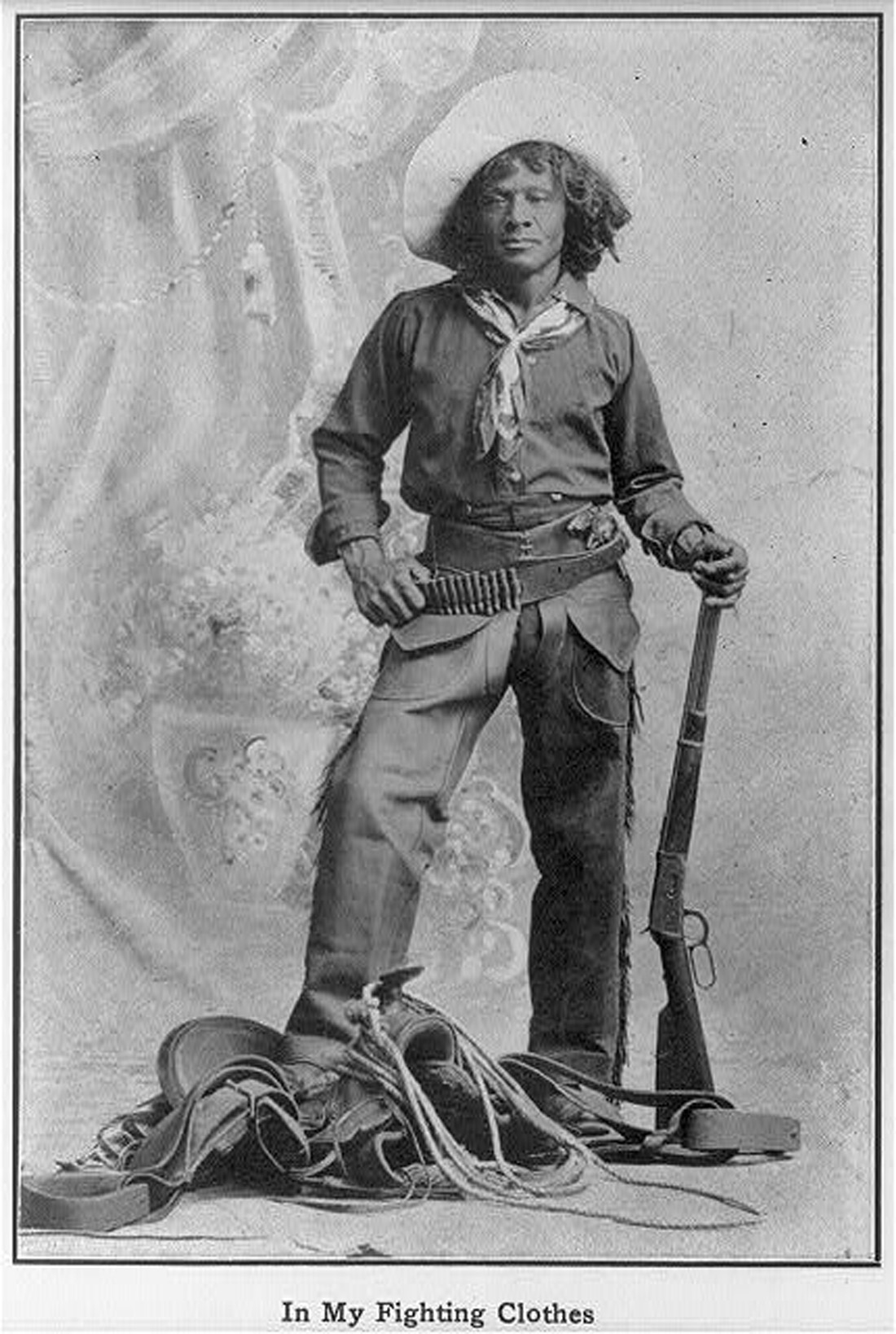
Notable African American Cowboys
- Bass Reeves: One of the first black U.S. Marshals who served for over three decades under Judge Isaac Parker’s jurisdiction known as “The Hanging Judge.”
- Nat Love: Also known as “Deadwood Dick,” Nat Love was famous for his skills at bronco busting and sharpshooting; he even published an autobiography detailing his life experiences.
- Bose Ikard: A skilled tracker who served as Charles Goodnight’s right-hand man during cattle drives along Texas’ Goodnight-Loving Trail.
- William “Bulldog” Pickett: He invented the technique of bulldogging, the skill of grabbing the cattle by the horns and wrestling them to the ground.
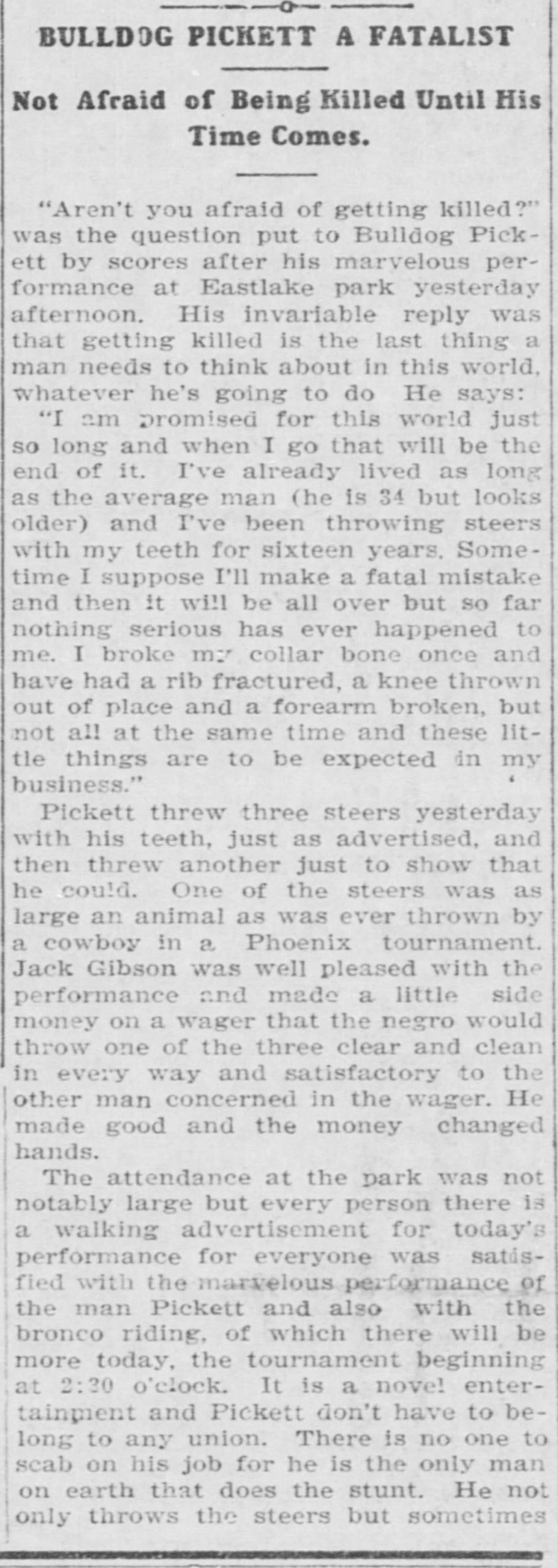
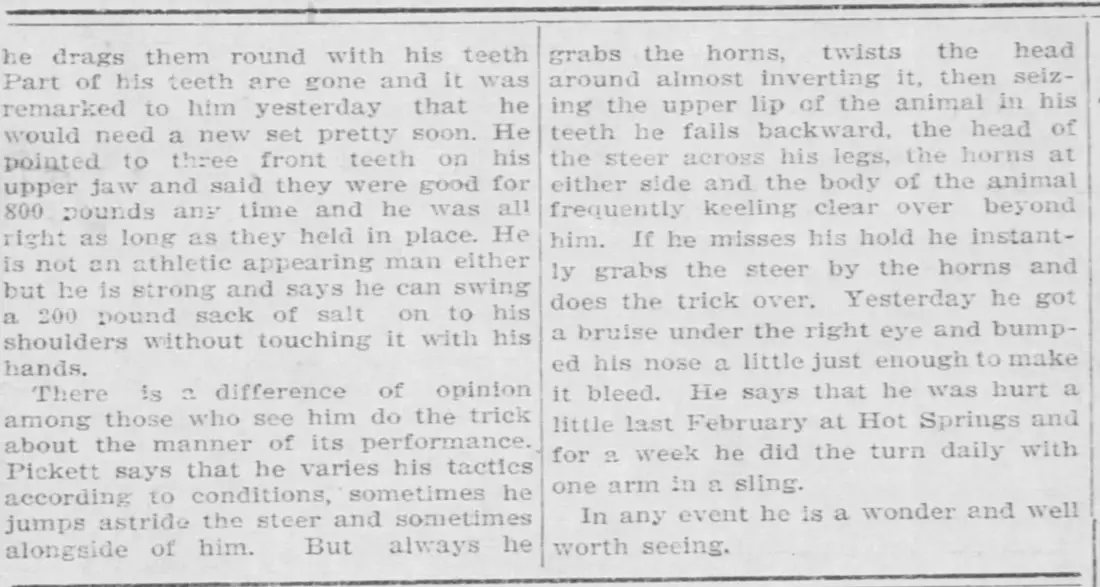
Inclusion in Modern Media
In recent years, there has been an increased effort to bring attention to the stories of African American cowboys. Films like The Harder They Fall and organizations such as the Black Heritage Foundation for Cowboy Culture are working to educate people about their important role in Western history.
The contributions of African American cowboys have been significant, but they remain largely unrecognized in popular culture. By understanding their unique experiences and challenges, we can better appreciate how these individuals helped shape the Wild West’s identity and lifestyle that still resonates today.
African American wranglers were essential to the Old West, and their contribution deserves commendation. The origins of African American Cowboys can provide further insight into this vital part of our history.
Origins of African American Cowboys
Tracing back to the early days of the Wild West, African American cowboys played a significant role in shaping Western culture. It is estimated that approximately one-third of all cowboys during this time were Black, with many having been enslaved people who gained their freedom and found work as cattle herders. This section will explore how these pioneers became known as some of history’s most skilled and respected cowboys.
African Roots and Spanish Influence
Many African Americans brought their knowledge and skills from Africa to America through the transatlantic slave trade.
They were often forced to work on plantations alongside enslaved individuals from various parts of Africa. This diverse group had extensive experience working with livestock, particularly cattle, which would later prove invaluable in developing cowboy culture.
In addition to their African heritage, many Black cowboys adopted elements from Spanish vaquero traditions, including horsemanship techniques such as roping and branding.
These two cultural influences created a unique skill set that allowed them to excel at cattle-handling tasks like driving large herds across vast distances.
Freedmen on the Frontier
Following emancipation after the Civil War, thousands of newly freed slaves sought opportunities for economic independence by moving westward into Texas and other frontier territories, where there was an increasing demand for skilled laborers due to expanding ranching operations. Many former slaves became employed as cowhands or trail drivers, managing large herds along famous cattle trails such as the Chisholm Trail and Goodnight-Loving Trail.
Buffalo Soldiers
Native Americans dubbed African American cowboys serving in the United States Army as Buffalo Soldiers during the Indian Wars. These troops were indispensable in safeguarding settlers, keeping the peace on the frontier, and establishing new towns across the West. Their skills as horsemen and their knowledge of livestock management made them valuable assets both on and off duty.
The origins of African American cowboys are deeply rooted in their diverse cultural backgrounds, resilience, adaptability, and determination to succeed despite adversity. They left an indelible mark on Western culture that continues to be celebrated today through events like rodeos and historical reenactments.
The origins of African American cowboys are a fascinating and essential part of the history of Prescott. Their invaluable input to Prescott will be examined further in the following section.
Contributions of African American Cowboys
The contributions African American cowboys made to the growth of the Wild West are often overlooked, but they had a substantial impact on forming Western civilization and society. Some notable achievements include their skills as cattle herders, rodeo performers, and trailblazers.
Expert Cattle Herders
African American cowboys were known for their exceptional skills in handling cattle. Their expertise in this area was crucial to the success of cattle drives, which helped fuel economic growth during this period. They worked on ranches across the West, driving large herds of cattle over long distances to markets or new grazing lands.
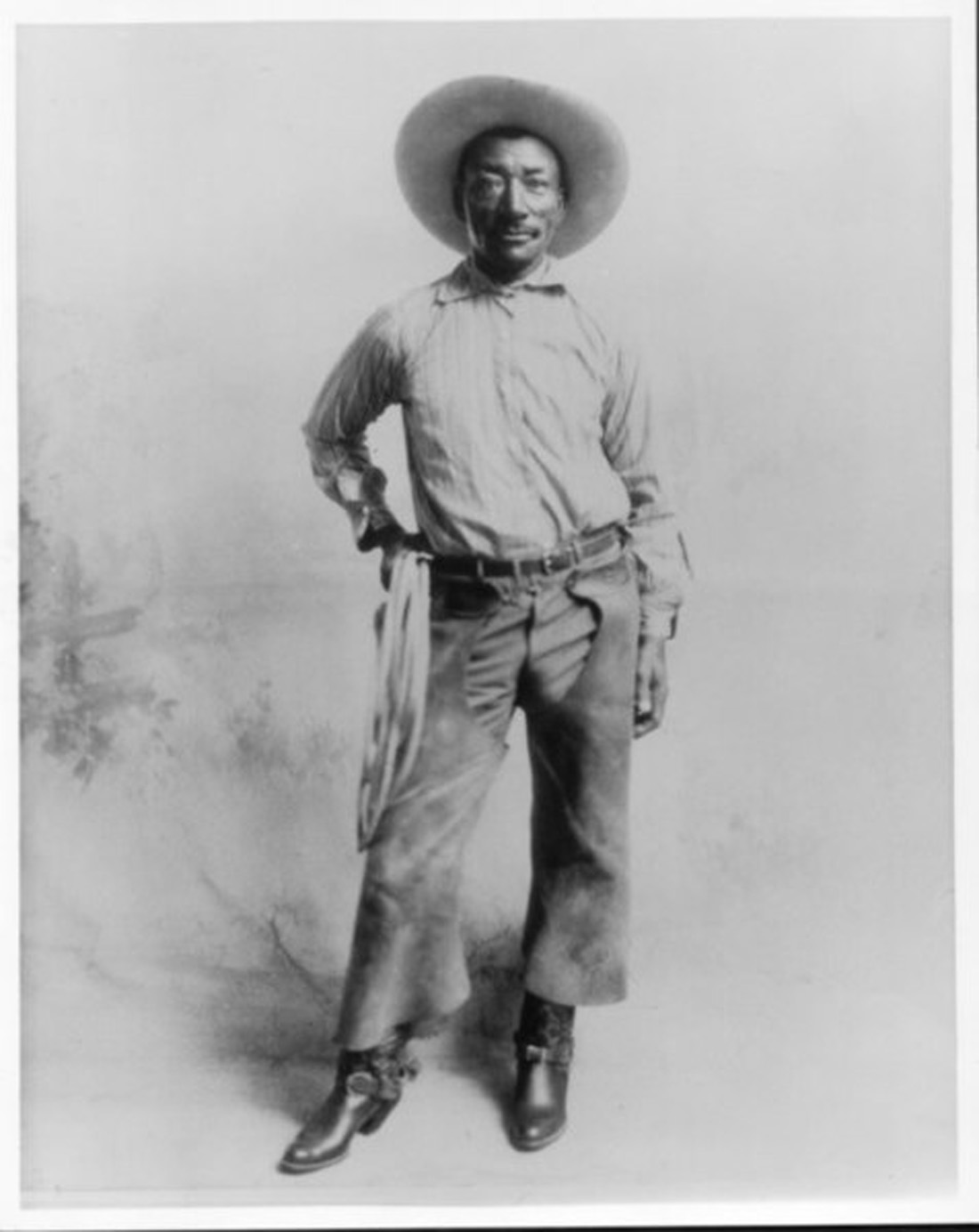
Rodeo Performers
In addition to working on ranches, many African American cowboys participated in rodeos as competitors and entertainers. One such cowboy was Bill Pickett, credited with inventing “bulldogging,” now known as steer wrestling – a popular event at modern-day rodeos. Pickett’s incredible talent made him one of the first black cowboys admitted into the ProRodeo Hall of Fame.
Trailblazers and Outlaws
- Nat Love: Also known as “Deadwood Dick,” Nat Love was an accomplished marksman and skilled horseman who became famous for his adventures throughout the Wild West. He documented his life story in an autobiography titled “The Life and Adventures of Nat Love, Better Known in the Cattle Country as ‘Deadwood Dick.’”
- Bass Reeves: As one of the first African American deputy U.S. marshals west of the Mississippi River, Bass Reeves was a legendary lawman who brought justice to the Wild West. His remarkable career is said to have inspired the character of “The Lone Ranger.” Learn more about his life and accomplishments in this article.
- Stagecoach Mary Fields: A fearless pioneer, Stagecoach Mary Fields was known for her strength and determination as she delivered mail throughout Montana’s rugged terrain. Mary Fields was the first African American woman to be employed by the US Postal Service, a feat she accomplished with strength and determination. Discover more about her fascinating story in this HistoryNet article.
The contributions made by these trailblazing African American cowboys not only helped shape Western culture but also paved the way for future generations to follow in their footsteps.
The contributions of African American cowboys to the development and preservation of Prescott’s unique lifestyle are invaluable. Despite their essential role, these brave men faced many challenges during this period which will be discussed in the next heading.
Challenges Faced by African American Cowboys
African American cowboys played a significant role in shaping the Wild West, but their journey was not without challenges. They faced numerous obstacles due to racial discrimination and prejudice that persisted during this period.
Racial Discrimination
African American cowboys experienced immense adversity due to the pervasive racial prejudice during this era, including a lack of recognition for their talents and accomplishments. Despite their proficiency and contributions, African American cowboys were commonly regarded as inferior to white cowboys in terms of rights and privileges. This inequality manifested itself in various ways, such as lower wages for equal work and limited opportunities for advancement within ranching or rodeo organizations.
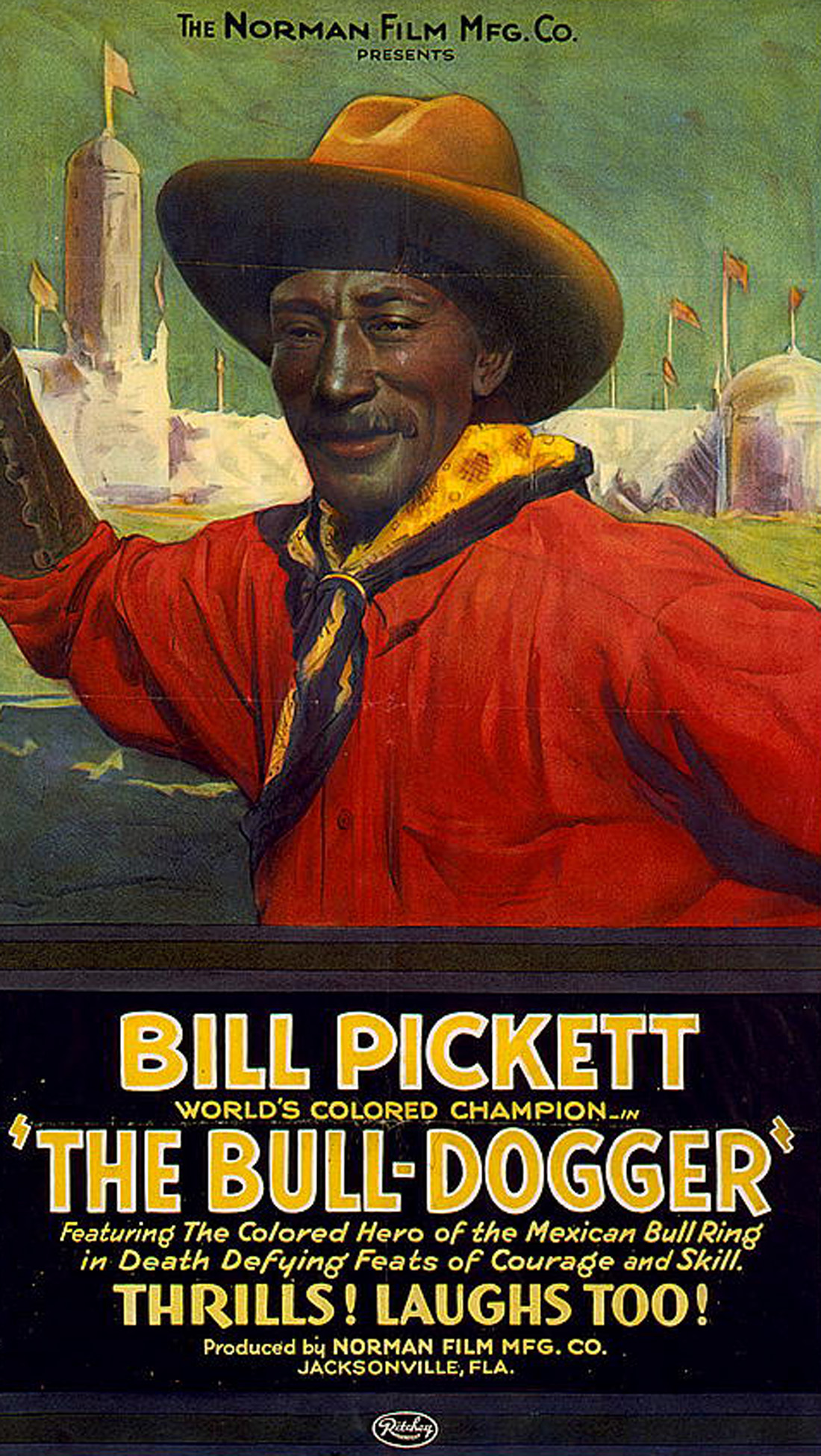
Stereotyping
African American cowboys also had to contend with negative stereotypes perpetuated by popular culture at the time. Western movies and novels often portrayed them as inferior or subservient characters rather than skilled horsemen who contributed significantly to the development of the Wild West. These portrayals further marginalized African American cowboys and made it difficult for them to gain recognition for their accomplishments.
Segregation
The era of segregation presented additional hurdles for African American cowboys trying to make a living in an already challenging environment. Many public spaces, including saloons, hotels, restaurants, and even rodeos, were segregated along racial lines – making it difficult for these individuals to participate fully in cowboy life alongside their white peers.
Fighting Against Adversity
- Bill Pickett, known as “The Dusky Demon,” invented bulldogging (steer wrestling) despite facing racism throughout his career; he eventually became one of America’s most famous black rodeo performers.
- Nat Love, also known as “Deadwood Dick,” was a former slave who became one of the most skilled cowboys in the West, overcoming prejudice and discrimination to leave an indelible mark on Western history.
- Bass Reeves overcame racial barriers to become one of the first African American deputy U.S. marshals west of the Mississippi River, serving with distinction for over three decades.
Despite these challenges, African American cowboys persevered and contributed significantly to shaping the Wild West. Their resilience serves as an inspiration today and highlights their vital role in this fascinating chapter of American history.
The challenges faced by African American cowboys were immense, and they often had to overcome discrimination to succeed. However, their legacy is one of resilience and courage, which continues to inspire today. Next, we will explore the lasting impact that these brave individuals have left on Prescott’s unique lifestyle.
5. Legacy of African American Cowboys
The history and contributions of African American cowboys have left a lasting legacy on Western culture and society today. Despite facing numerous challenges, these individuals played an integral role in shaping the Wild West’s development, breaking racial barriers, and inspiring future generations.
African American Cowboy Influence on Rodeo Culture
One significant aspect of the legacy left by African American cowboys is their impact on rodeo culture. Many modern-day rodeos continue to showcase events popularized by black cowboys, such as Bill Pickett, who invented bulldogging or steer wrestling. Including these events in contemporary rodeos serves as a testament to the skills and innovation brought forth by African American cowboys.
Inspiring Representation in Film and Literature
- Film: Over time, movies like Buck and the Preacher (1972), starring Sidney Poitier, began portraying African Americans’ experiences during this era more accurately. Recently released films like The Harder They Fall (2023) highlight black cowboy stories while challenging traditional Western film narratives.
- Literature: Books such as “Black Cowboys: An Illustrated History” by Ryan Dearinger provide readers with comprehensive information about this often-overlooked group’s contributions to Western expansion. Additionally, novels like “Paradise Sky” by Joe R. Lansdale and “The Ballad of Black Tom” by Victor LaValle reimagine the Wild West with African American protagonists.
Preserving History Through Museums and Events
To ensure that the legacy of African American cowboys is not forgotten, several museums and events have been established to celebrate their history. The National Multicultural Western Heritage Museum in Fort Worth, Texas, showcases artifacts, photographs, and artwork related to black cowboys’ experiences. Additionally, annual events like the Bill Pickett Invitational Rodeo, an all-black rodeo competition named after the legendary cowboy, help keep this important aspect of Western culture alive.
A Lasting Impact on Society’s Perception of Cowboys
The recognition and celebration of African American cowboys have helped reshape society’s perception of what a cowboy looks like. By acknowledging these individuals’ contributions to Western expansion and rodeo culture, we can continue dismantling stereotypes surrounding race in America while honoring those who played a crucial role in our nation’s development.
FAQs in Relation to History of African American Cowboys
What is the history of African American cowboys?
The history of African American cowboys dates back to the early 19th century when they worked as cattle herders and ranch hands. They played a significant role in shaping the Wild West, with an estimated one in four African American cowboys during this time. Notable figures include Bill Pickett, Nat Love, and Bass Reeves.
Why did African Americans become cowboys?
African Americans became cowboys for various reasons, such as seeking freedom from slavery or searching for better economic opportunities after emancipation. The cowboy lifestyle offered independence, self-reliance, and relatively equal treatment compared to other occupations available at that time.
Who was the first African American cowboy in America?
It’s difficult to pinpoint the first African American cowboy due to limited historical records; however, some historians believe Jim Beckwourth could be considered among the earliest known African American cowboys. Born into slavery around 1798, he gained freedom and became a skilled fur trapper, scout, explorer, and mountain man.
Were there any African American cowgirls?
Yes. Several notable African American women made their mark as rodeo performers or ranchers during this era. Some prominent examples include Mary Fields (Stagecoach Mary), Lucille Mulhall (the “Queen of Rodeo”), Johanna July (a skilled horse trainer), and Lillian Smith (“The California Girl”).
Conclusion
Uncovering the untold stories of African American cowboys provides an illuminating insight into a vital but often overlooked part of Wild West history.
Despite facing numerous challenges, including racism and discrimination, African American cowboys persevered and left a legacy that inspires generations. Their story deserves to be told and celebrated.



Leave a Comment
You must be logged in to post a comment.